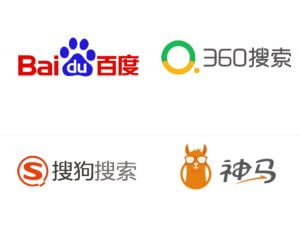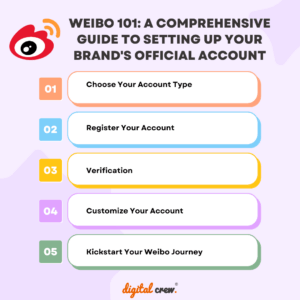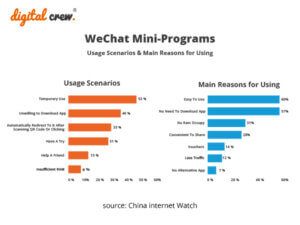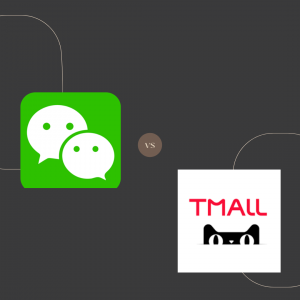If you’ve ever mastered a particular skill only to find it doesn’t work the same way in a different context and setting, you will have some understanding of what we mean when we say that optimising a site for Chinese search giant Baidu is just not the same as it is for Google.
While the principles are essentially the same for both – searching for and finding relevant information – even a seasoned expert in Google SEO is not going to be able to simply transfer the same tactics directly across to Baidu, and expect them to work in the same way.
So what are some of the major differences? Here’s a quick rundown.
- Focus and domination
Google is more globally-focused than Baidu, dominating the world search engine market while having a very small share in China. Baidu on the other hand is far more focused on China, where it dominates with a market share of around 80%, according to data from China Internet Watch.
Baidu also tends to give preference to, well, Baidu! This means that on search results pages, Baidu’s own companies are more likely to appear at or near the top in applicable searches. Baidu also prefers Chinese sites (especially those that are hosted within China), whereas Google is more likely to display results from all around the world.
- Languages
Mandarin Chinese and English are so different that it stands to reason that there would be some differences here. Chinese characters can convey more than one meaning and there are no spaces between words as there are in English. This all needs to be taken into account when developing content and keywords for Baidu.
- Different timeframes
It can take longer to get a new website up-and-running with Baidu than for Google due to tighter restrictions, legal requirements and stricter vetting of sites in China.
- SEO tactics
Keywords, backlinks, title tags and meta descriptions hold more sway now for Baidu SEO than Google. These elements used to be highly important for Google SEO prior to the Panda and Penguin algorithms. These clamped down on keyword stuffing and link schemes, and placed much more emphasis on semantic search, and content quality and relevance.
- Mobile emphasis
Because the internet was late in coming to China, many users bypassed the whole desktop thing and jumped straight to mobile devices for internet search and use. China’s love of mobile devices means that while mobile optimisation is vital for both search engines, it may be a lot more so for Baidu.
- Search methods
While we might type in words to do searches, in China users tend to prefer choosing options from a list, and they also have a preference for clicking on links. This is possibly because internet search tends to have more complexities when using Chinese characters.
- Site layouts
Baidu tends to mix up paid and organic search results, rather than putting ads at the top as Google does. Chinese sites also tend to look more cluttered and have more links than our western ones – which may be due to a preference in China for having all the information needed in once place.
Our bilingual China marketing team can help you in all aspects of SEO for China. Get in contact with us to find out how.











































































